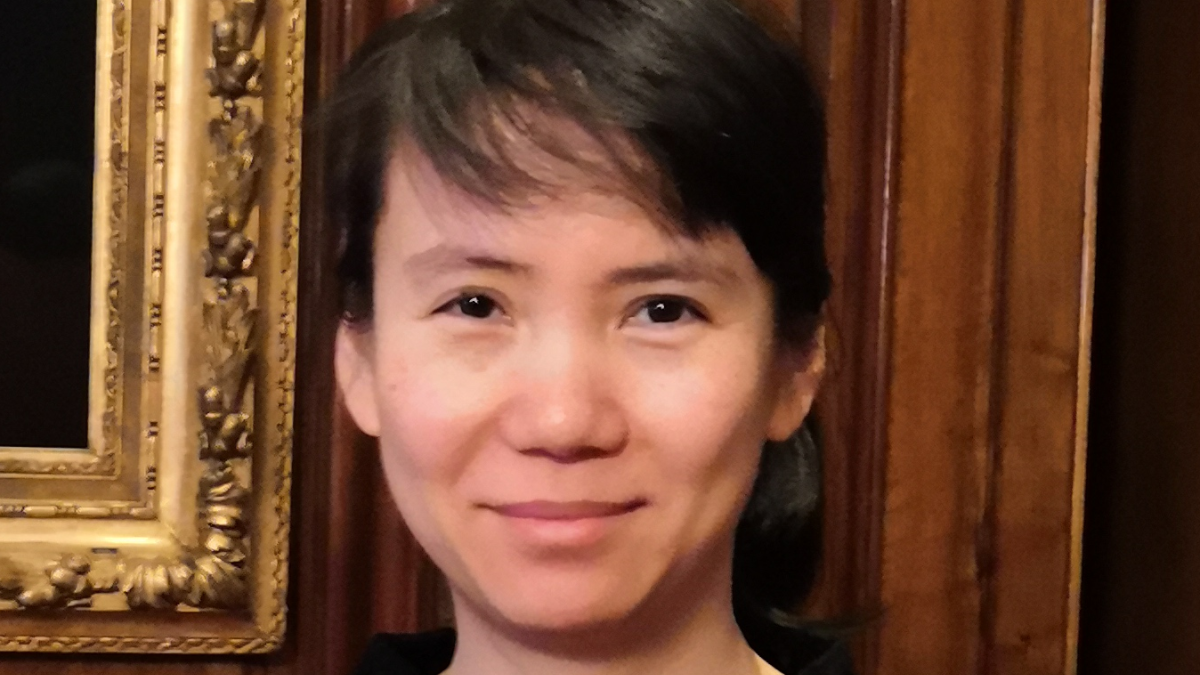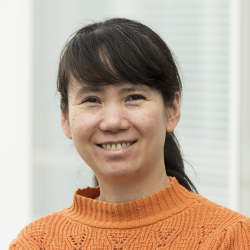Meet the academic: Dr Liang Cui
Associate professor and MSc programme leader Dr Liang Cui tells us how a masters at Surrey can transform your career prospects in civil engineering and why she’s so fascinated with studying soil.

Dr Liang Cui
Please could you introduce yourself – perhaps you could tell us something that isn’t on your staff profile page?
I’m programme leader on Surrey’s MScs in Civil Engineering, Advanced Geotechnical Engineering and Structural Engineering. I love to read fiction in my spare time and watch action films! I’m also mum of two kids aged 10 and 15 and it’s great to watch them learning all sorts of life lessons.
What’s your favourite memory of being a student?
Studying engineering mechanics in China for my first degree I discovered that teamwork was something I really enjoyed. I remember a design competition where each team had to create a protection system for a lightbulb which we then tried out by dropping them from a height. It was interesting to see how ideas developed in my team of five. Ultimately we came up with a very safe design but the winners were a braver team that had designed a system with minimal protection – I learned something from that.
How and why did you become an academic?
I liked doing research and also teaching people so, putting these two things together, academia was ideal for me. I was a postdoctoral researcher at University College Dublin before coming to Surrey in 2009 where I started as a lecturer and am now associate professor.
What’s your particular area of academic expertise, and why are you passionate about it?
My specialism is geotechnics (looking at the behaviour of soil and the interaction of other objects when they touch soil). My PhD was focused on modelling the behaviour of granular materials and I learned how to develop numerical tools to study what they do at microscopic level. These tools are incredibly useful as they enable you to look at interaction between individual particles (whether they slide, roll etc) and predict their overall behaviours.
What are you currently researching?
I’m currently focused on two things: renewable energy and the engineering design for medical devices. In renewable energy I’ve started looking into creating better foundations for offshore wind energy and also wave tidal current technologies. Within medical devices I’m looking at the mechanical behaviour of skin to absorb medicines. This could enable less invasive, needle-less drug delivery and could be used for vaccinations, for example.
Why should people study at postgraduate level in your academic area?
If you work in industry and decide you want to become chartered, the minimum required academic qualification is a masters degree – so that’s obviously a big motivation either for people who’ve just graduated or have been working for a few years in industry already. Another good reason is if you want to specialise in a particular field such as geotechnics, bridge engineering or water engineering.
And why should they study at Surrey?
We have a strong partnership with companies like Atkins, WSP, Arup, Balfour Beatty and Network Rail, and our MSc courses and the projects you’ll work on are closely linked to industry. Our teaching is also informed by the state-of-the-art research our academics are working on, so students learn the latest technologies and are prepared for today’s challenges.
At Surrey we offer flexible options: you can study full-time or part-time and we also have distance learners based all over the world.
What are you looking for in a postgraduate student?
Above all we want self-motivated students who have a real interest in the subject area. In terms of academic background some modules are quite heavily technical so they need to have sufficient maths skills. However we do have some students who’ve previously done a science-focused degree such as geology rather than engineering.
Is there a particular memory of your time at Surrey (so far) which stands out for you?
One thing that stands out is the social event we held for students last year which included a challenge where they had to build the highest possible structure that could hold an orange’s weight with magazines and Sellotape. These events are always a great chance for academics and students to mix and have some fun over drink and food.
Interacting with students is definitely a highlight of my job: I like to get to know what they’re struggling with, understand this and find the best way to help them.
Discover our courses in civil and environmental engineering.
